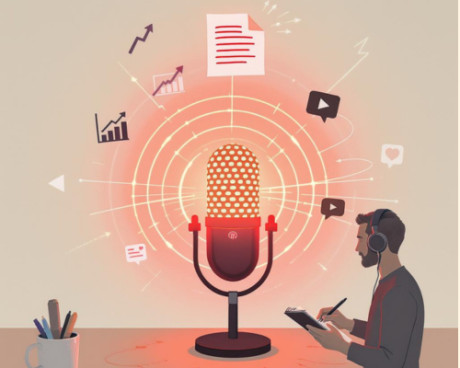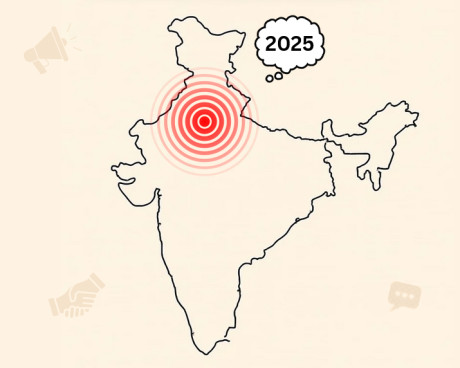
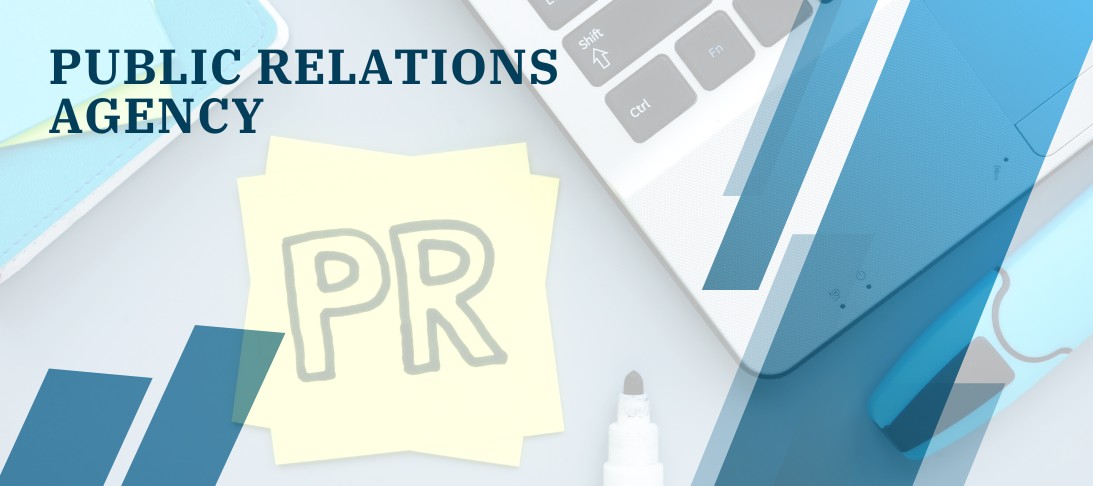
AI in Public Relations: Is it viable for long-term original solutions?
Automation has been
identified as an enabler of numerous sectors, and Public Relations (PR) has
been the same. This is being done through the emergence of Artificial
Intelligence (AI), and PR professionals
seem to have benefitted immensely through this. Automating recurring activities
such as research, drafting communication strategies and others are being done
through AI, but questions have been raised over its viability in the long run.
Following ChatGPT,
other tech giants like Microsoft, Google and others have introduced unique LLMs
(Language Learning Models). The impact of this on the PR sector cannot be
underestimated in today’s digital world, where AI adoption rates are witnessing
a meteoric rise across the globe. According to the latest surveys, a staggering
80% of PR professionals
are using AI in their everyday job. Additionally, 65% of these users have
revealed that they are satisfied with the outputs of several AI models,
highlighting the growing dependence on AI by today’s PR
professionals. Tech giant Google has already indicated that it does not
necessarily mind AI-written content, as long as it meets their standard but PR
clients have been identified as increasingly wary of artificial content while
prioritizing human-driven communication strategies. This is putting a shadow
over the viability of AI in PR for
long-term solutions and significant reasons.
Concerns over accuracy, reliability and originality
While AI offers a
marvellous avenue to automate many recurring tasks for PR
professionals, it is not foolproof. GenAI is presently limited to being
LLMs, and its database is based on the content out there. In fact, AI has been
known to offer inaccurate information that is far from being reliable through
its database, sourcing it from inaccurate origins. On the other hand, the
developers have tried to base these sources on authentic, reliable libraries
such as newspaper articles, but that has resulted in lawsuits from the said
news outlets. Furthermore, AI-generated content is often inspired by content
from other sources, which means the matter of originality and linguistic
innovativeness are simply absent in these. When aligned with the PR sector,
clients all over the world are expressing concerns over these aspects, and PR professionals
must place their concerns above everything else to provide an optimal PR
experience.
At best, AI remains a
massive effort in progress when concerned about accuracy, reliability and
originality. Until and unless developers provide a way for AI with some
abilities to cross-check references, the accuracy and reliability aspects are
expected to remain under the cloud. As for originality, significant research
and innovation will be needed so these LLMs do not rely on prior references to
generate outputs and can replicate human intelligence as its name suggests.
Safety and confidentiality
PR
professionals have almost always access to exclusive company data that are
highly secretive. While they keep the sanctity of this information intact,
using this data to create communication outlays like press releases or paid
articles can lead to a potential data breach. For example, if a publicly listed
company shares exclusive data of an upcoming collaboration, and the data is
leaked into the public domain through an unsanctioned usage of LLM chatbots, it
may potentially manipulate the stock exchange and investors. Such instances
have already been recorded globally, like when an AI-enabled application played
a critical role in a data breach at prominent US telecom provider T Mobile.
Considering safety and
confidentiality aspects in mind, PR professionals
need to refrain from using sensitive client data on AI interfaces to avoid any
wrongdoings. AI chatbots are increasingly becoming victims of fraudulent
activities across the world, and keeping a long-term sustainable view does not
sound very promising just yet.
Copyright infringements
While statistics reveal
that PR professionals
are increasingly integrating AI into their daily tasks, it makes them
vulnerable to plagiarism and copyright infringements of original works.
Generative AI (GenAI) models that are adept in crafting text or images for PR
usage, can be copies of original works across the world. This opens up the
possibility of lawsuits to the clients. For example, some newspapers filed a
lawsuit against prominent American AI developers OpenAI and Microsoft in 2024
for violating the copyrights of their original content. It was later revealed
that these tech giants used original articles published in their newspapers and
websites to train their language models without taking any permission or
severance packages. Similar instances have been recorded elsewhere in the world
in the last few years, and PR professionals
must be cautious while crafting official communiques using GenAI.
While GenAI’s ability
to craft narratives through interactive communique is admirable, the fact that
it could lead to prolonged legal battles that can tarnish the reputation of
clients does not instil confidence in its use in the long term. This has led to
many organisations banning the usage of AI for official work across the world,
including popular American EV manufacturer Tesla.
AI diminishes individual creativity
Maintaining corporate
relationships, image management or PR in general, remains a highly creative
job. The usage of singular words in communiques can alter a client’s image
entirely — for better or for worse. While a traditional approach in PR has seen
industry experts embrace innovation through experiments, new-age PR
professionals are often opting for the shorter way. While the usage of AI can
be understandable in a few particular instances, the continuous usage of AI
diminishes individual creativity in the long run. For example, PR professionals
who use LLMs to draft press releases are often left stationary when they do not
have access to the particular bot. Additionally, LLMs do not always deliver
cutting-edge communication, and their output often has to be reworked
significantly. However, this practice ultimately leads to considerably
diminished critical thinking and creativity for PR
professionals and has the potential to act as a barrier to career
growth. Similar to PR professionals,
these communiques also impact the storytelling and narrative-building efforts
for clients, who are left with an undistinguished corporate reputation, similar
to many of their peers.
Most Popular Blogs
Newsletter
Categories
Related Articles
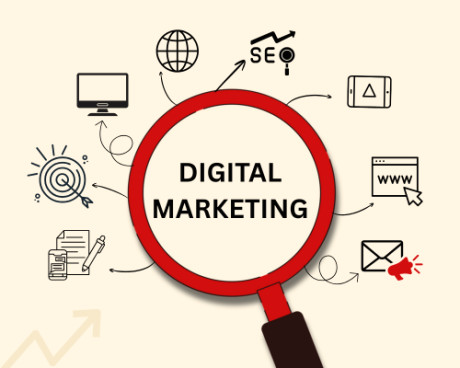
Top 10 Digital Marketing Trends for 2025
10 May 2025 / Admin
Digital PR in 2025: What is it, why is it essential, key tactics and how it helps your goals
28 April 2025 / Admin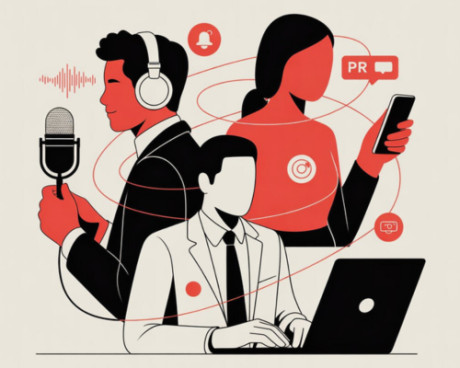
Podcasts, Influencers & More: How PR Agencies in Delhi will be Transforming Public Relations in 2025
18 January 2025 / Admin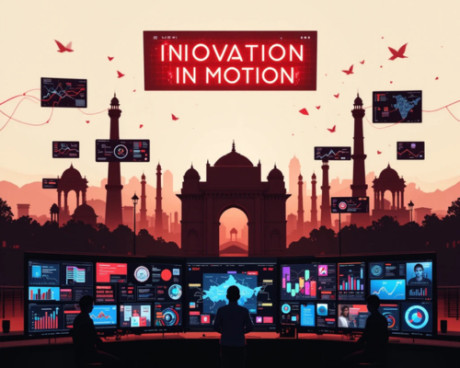
PR Agencies in Delhi: Prioritizing Innovations, Transforming Industry
26 December 2024 / Admin
PR Essentials: The Role of Understanding Journalists for Effective Media Pitching
04 November 2024 / Admin
PR vs. Marketing: What’s the Difference and How They Work Together
22 October 2024 / Admin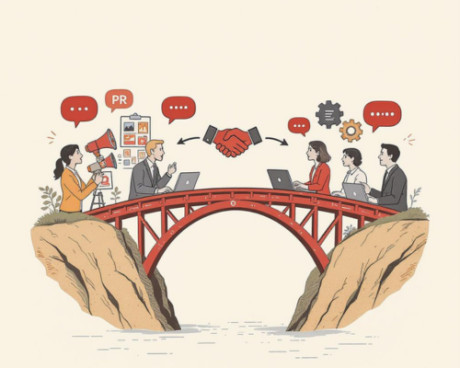
From Communication to Collaboration: Ensuring Success for PR Agencies and Corporate Communication teams
07 October 2024 / Admin